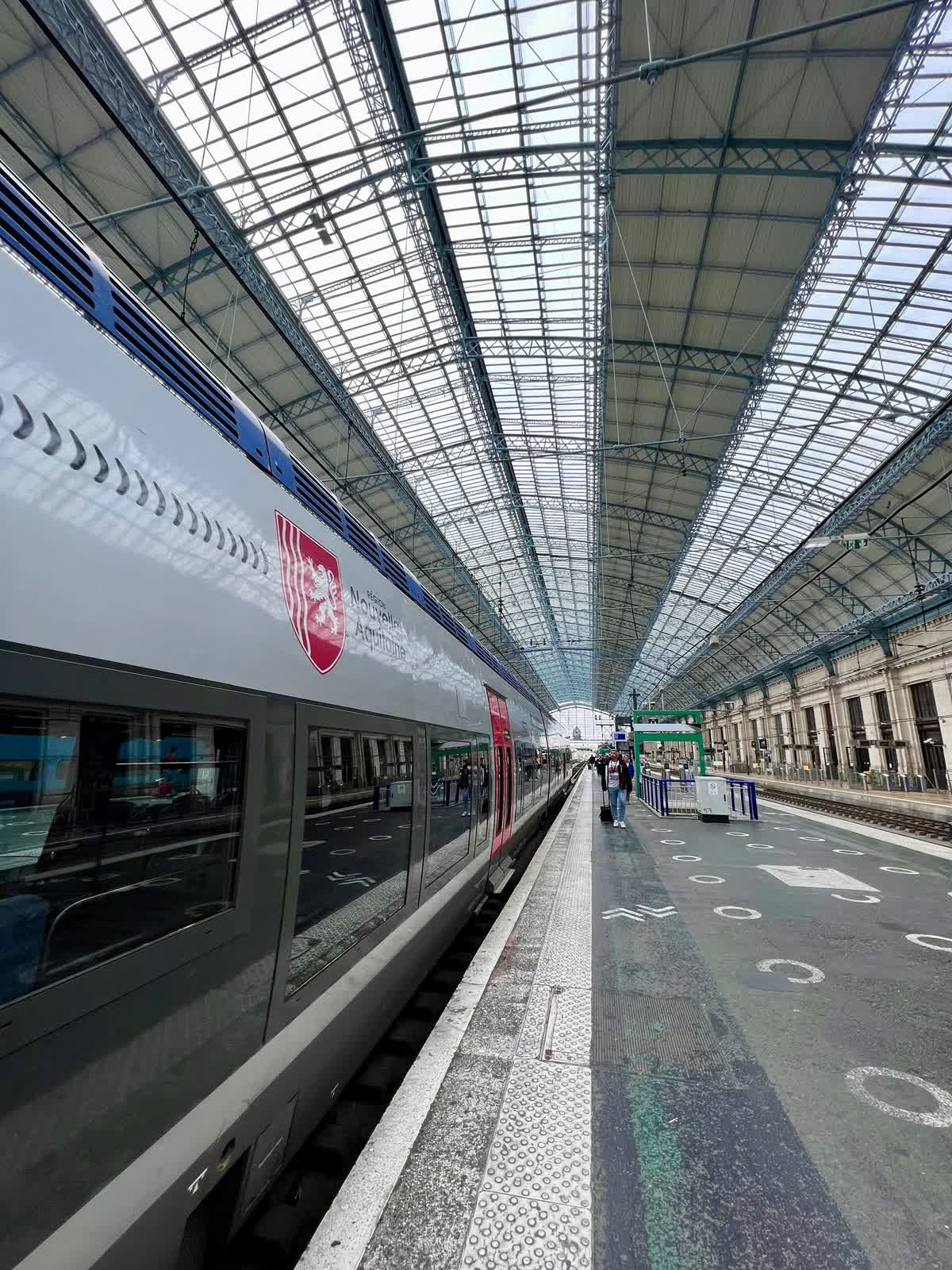What just happened? Someone clearly wants to disrupt the 2024 Paris Olympics, which are currently underway. First, arson attacks on France's national rail network left nearly one million travelers stranded. Then internet services around the country went dark after telecom providers' fiber optic cables were cut in an act described as vandalism. It is unclear who or what group could be behind these acts and whether they are related. But so far, suspicions have fallen on ultra-left activists and Russia.
Internet services throughout France were disrupted after fiber optic cables were cut in an apparent act of sabotage.
The attacks occurred on Sunday night and affected major French telecom firms including Bouygues, SFR, and Free. An SFR spokesperson told Le Monde that the damage could only have been done with an "axe or grinder."
"It's vandalism," said Nicolas Chatin, spokesman for SFR. Ultimately, the group said that only 10,000 fixed-line customers had been affected.
For its part, Free reported that its cables were affected in six different departments: two in the north and four along the Mediterranean coast in the south.
The scale of the impact is unclear, as is whether it affected any activities related to the 2024 Paris Olympics, which are currently underway. However, the affected areas include the region around Marseille, which is hosting Olympic football and sailing competitions.
Internet outage statistics indicate that problems started around 02:00 local time, primarily affecting Free's network.

The incident comes just days after arson attacks targeted France's national rail network, SNCF. They were specifically directed at cables transmitting safety information for train operators. Nearly one million travelers were stranded as a result.
French authorities have already arrested an activist in connection with the railway attack. However, it is unclear if the railway and internet attacks are related, and if they were meant to disrupt the Paris Olympics.
Several politicians believe that "ultra-left" activists might be behind the attacks on the rail network. Interior Minister Gérald Darmanin told France 2 television that the "attacks were intentional, very precise, extremely well targeted," adding that this was "the traditional mode of operation of the ultra-left."
The person arrested for the railway attack had keys to SNCF premises, cutting pliers, and a set of universal keys in his vehicle, along with "literature related to the far left".
Another theory is that Russia is behind the attacks. Earlier in July, a Russian national was arrested for planning to "destabilize the Olympics." Details of the alleged plot have not been disclosed, but it has been described as a "large-scale project" that could have "serious" implications during the Olympic Games.
It should be noted that cutting fiber optic cables can be relatively easy, due to the physical vulnerability of these cables. In particular, cables in urban environments are vulnerable because they are harder to protect and monitor.
Fiber optic cables are made of thin, fragile glass filaments, which makes them susceptible to damage from deliberate cuts. And from the viewpoint of a saboteur, cutting these cables offer an immediate payback as it can lead to abrupt and widespread outages in internet and telecommunications services.
